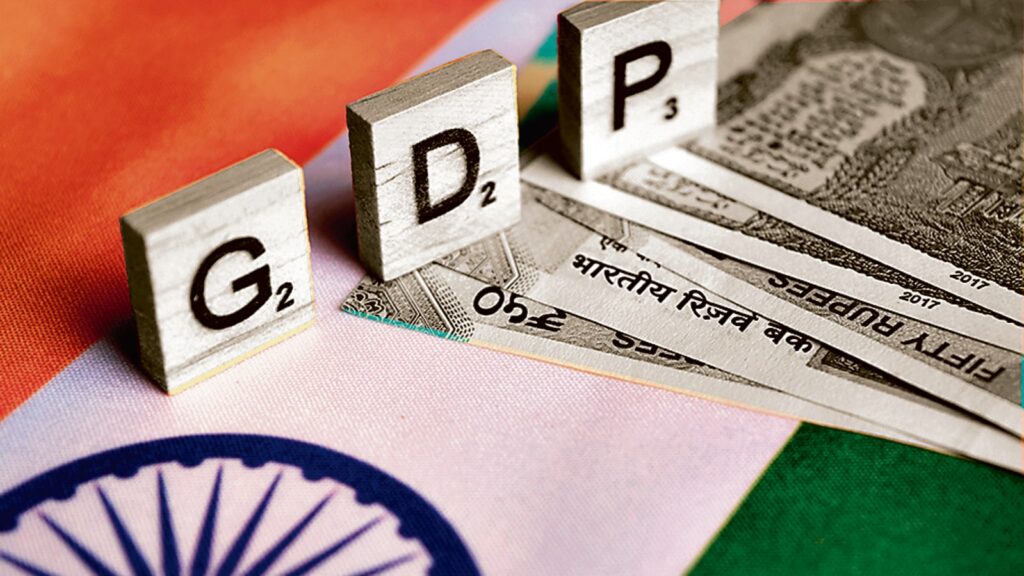Reimagining India’s Tax Policy: A Path to Sustainable Development
India has set an ambitious goal to become a developed country by 2047, which necessitates the mobilisation of vast resources and a robust economic framework. Central to this endeavor is the optimisation of tax policies to boost revenue without placing undue stress on existing taxpayers.
The Role of Taxes in Economic Development
Direct taxes are critical in augmenting the government’s revenue while alleviating the reliance on indirect taxes. Lower indirect taxes can propel small businesses, enhance consumption, and generate a positive economic cycle, ultimately boosting the Gross Domestic Product (GDP). However, India’s current tax structure, which features multiple Goods and Services Tax (GST) slabs and significant exemptions for individual taxpayers, has complicated compliance and dampened revenue growth.
Addressing Tax Exemptions and Compliance
India’s tax-to-GDP ratio stands at 16.6%, trailing behind other developing economies by an average of 5.4%. This lower ratio can be largely attributed to a mere 9.21% compliance rate, according to the Central Board of Direct Taxes (2023). Of approximately 880 million individuals with taxpayer status, only 82 million filed taxes in 2022.
Research in behavioral economics suggests that tax exemptions, though well-intentioned to ease the financial burden on low-income earners, can inadvertently encourage tax avoidance and weaken overall compliance. When taxes seem lenient or optional, it undermines taxpayers’ intrinsic motivation to contribute to public services.
The Cultural and Behavioral Impacts of Tax Policies
Frey and Jegen’s (2001) study highlights a "crowding-out effect," where external interventions such as tax exemptions diminish intrinsic motivation, leading to reduced tax compliance. In India, tax exemptions undermine the sense of civic duty essential for robust tax systems.
Cultural habits and routines also play a vital role in shaping tax behavior. If individuals are exempt from taxes, they are less likely to develop fiscal responsibility habits. The latest data shows that of the 622 lakh income tax returns filed, 429 lakh paid no tax, leaving just 193 lakh individuals as tax contributors in 2023. By comparison, other developed countries like France (78.3%), the United States (50.1%), Germany (61.3%), and the United Kingdom (59.7%) have significantly higher tax-paying populations.
Proposals for Reform
To address these systemic issues, India may benefit from implementing universal tax reporting and minimal tax contributions. This tactic would ensure broader compliance and bring more economic activities into the formal sector. Developmental psychology underlines how early experiences shape future behaviors. If young adults are required to report their income and pay a nominal tax, they are likely to continue this practice as their earnings increase, fostering long-term compliance.
Encouraging even minimal tax payments, such as a nominal ₹10 per year, can cultivate a culture of participation and responsibility. This model aligns with the "nudging" concept in behavioral economics, where small environmental changes can lead to significant behavioral shifts.
Conclusion
A culture of civic responsibility and economic participation is the hallmark of a developed nation. As highlighted by behavioral economics expert Anirudh Tagat from the University of Warwick, tax compliance is intrinsically linked to the existing "culture" of such behavior. By reforming its tax exemption policies and incorporating behavioral economic principles, India can create a more transparent, accountable, and engaged society. These reforms would lay a strong foundation for sustainable development, bringing India closer to its vision of becoming a developed country by 2047.
